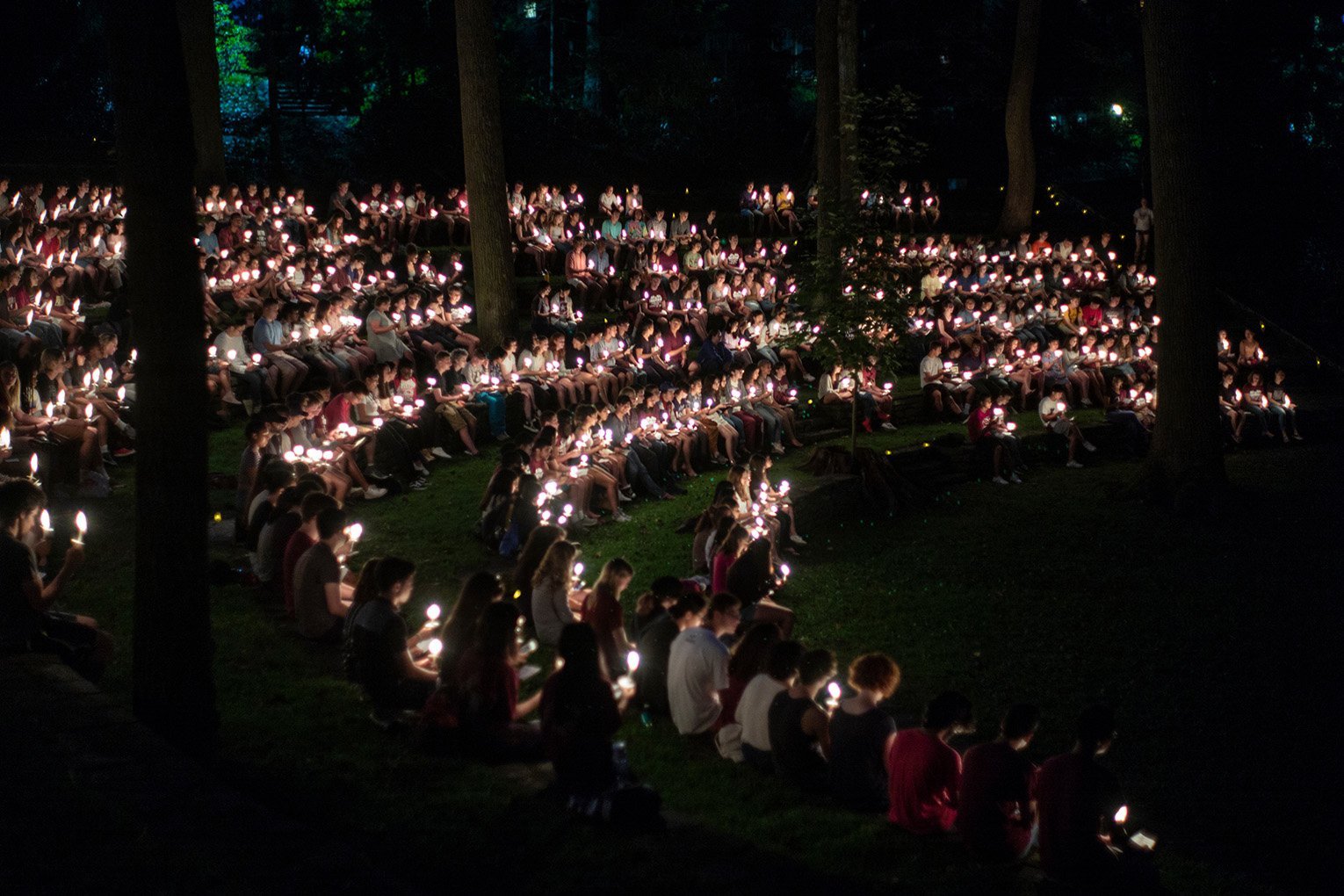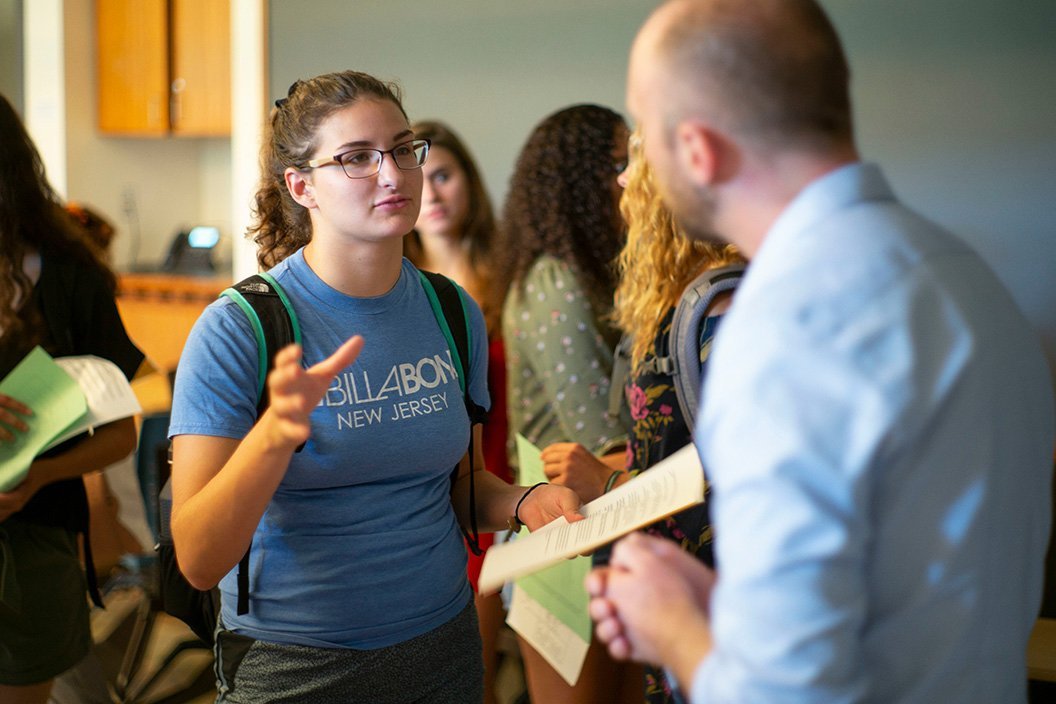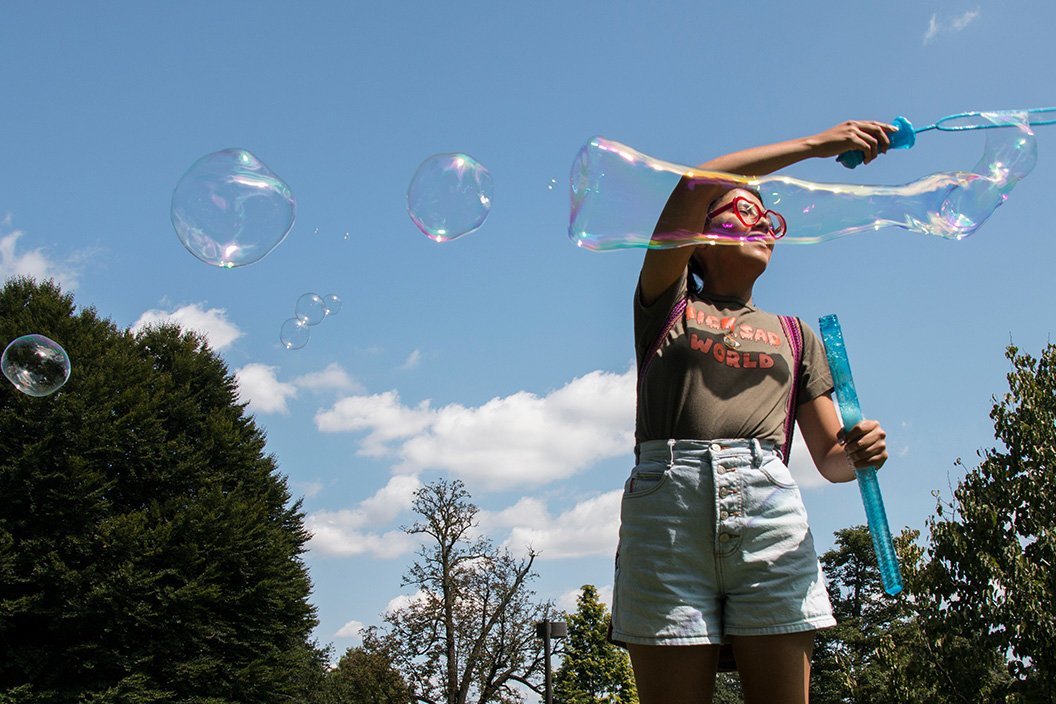Beneficiary Designations
Beneficiary designations are one of the simplest and most flexible ways to make a gift. As you think about ways to arrange your charitable legacies, keep in mind the following reasons why this gift type is so popular and might be a smart way for you to give:
- You can make the gift without having to revise your will or living trust.
- It is easy to modify the beneficiary forms to adapt to changing intentions and circumstances.
- Arranging such a gift is simple and generally entails little or no expense.
- When a charity is a beneficiary of retirement funds, those funds will not be subject to income tax.
- You may save estate taxes, depending on the size of your estate.
- The gift becomes available to the charity with little delay.
How to Make a Gift by Beneficiary Designation
It's simple! You ask your policy administrator for a change-of-beneficiary form, or you can often find this form on your provider's website, and then name Swarthmore College as a beneficiary of any of the financial instruments below.
Types of Beneficiary Designations
- IRA and Qualified Retirement-Plan Distributions
- Donor-Advised Fund
- Insurance Products
- Bank Accounts
- Brokerage Accounts
Next Steps
- Request a change-of-beneficiary form from the administrator of your retirement plan, insurance policy, or bank account or download a form from your provider's website.
- Designate what percentage you would like Swarthmore College to receive and name us and indicate the percentage you chose on the beneficiary form.
- Return the completed form to your provider.
- Contact us to let us know your goals for the gift so we can thank you for your generosity and ensure your gift is used as you intend.
Contact Us
Renée P. Atkinson, CAP
Associate Vice President, Gift Planning
866-526-4438
giftplanning@swarthmore.edu
Swarthmore College
500 College Avenue
Swarthmore, PA 19081
Federal Tax ID Number: 23-1352683
© Pentera, Inc. Planned giving content. All rights reserved.
Disclaimer


